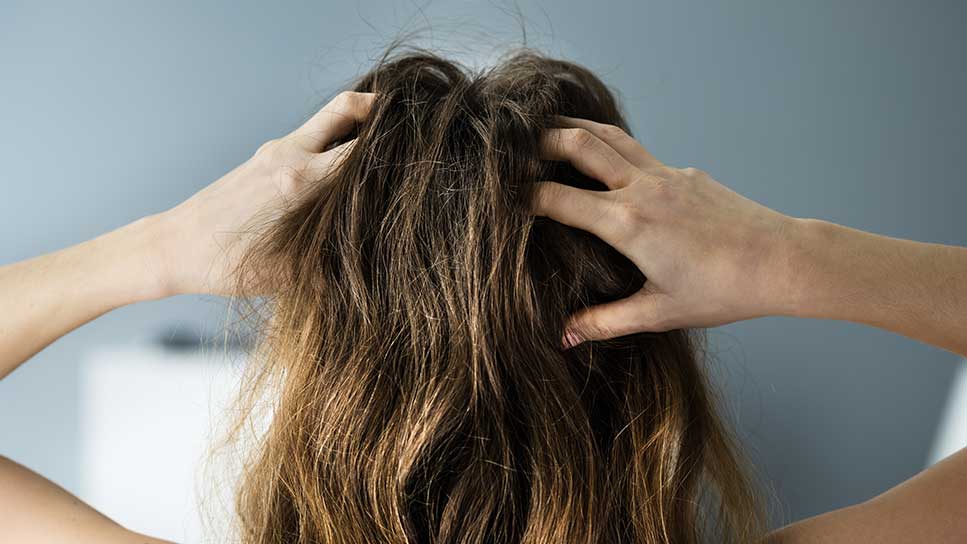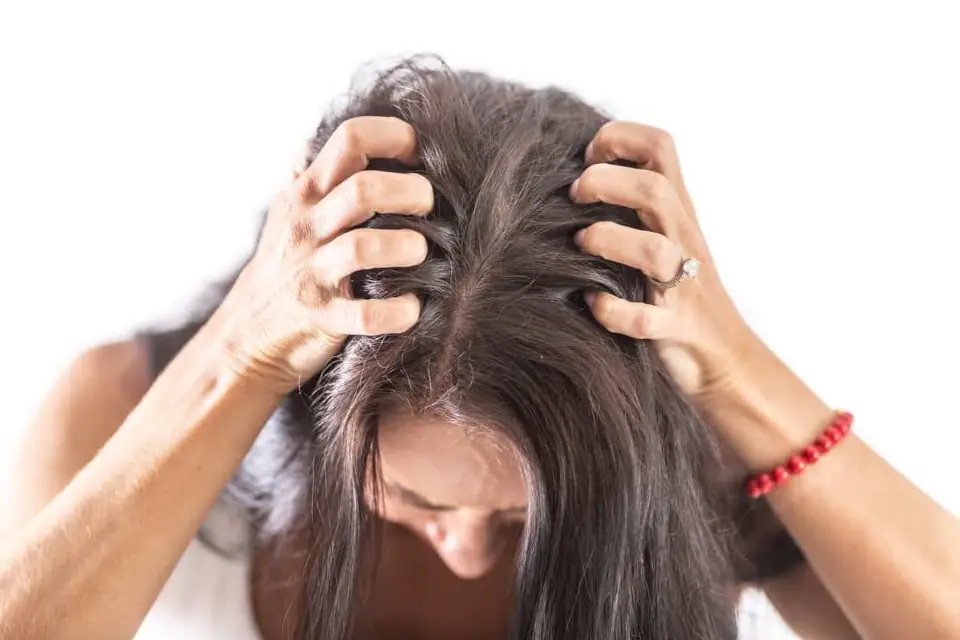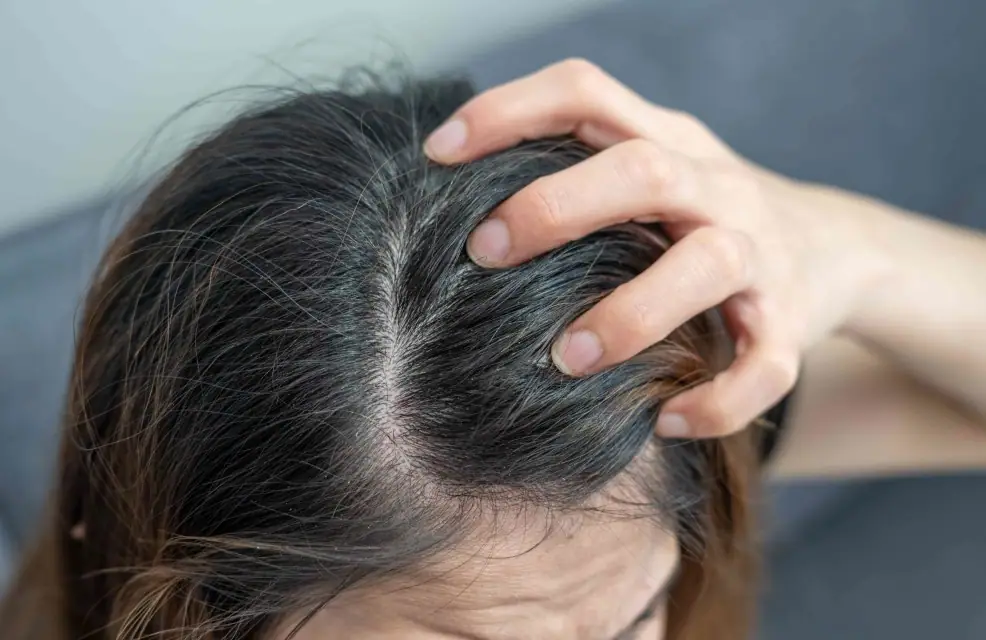Have you ever put on a stylish hat, only to find that your scalp starts to itch uncontrollably? If you’ve experienced this uncomfortable sensation, you’re not alone. Many people wonder why hats can make their heads itch. In this article, we’ll explore the reasons behind this phenomenon and provide tips on how to alleviate the itchiness associated with wearing hats.
Understanding the Itchiness
Hats can cause itching for various reasons, and it’s essential to understand these factors to find relief. Here are some common explanations for why hats make your head itch:
1. Material Matters
The material of your hat plays a significant role in determining whether it will cause itching. Some fabrics, like wool and certain synthetics, can be scratchy and irritate the scalp. These materials can create friction against your skin, leading to itching.
2. Sweat and Moisture
Your scalp naturally produces sweat and oils to keep your skin healthy. Wearing a hat, especially for an extended period, can trap moisture and sweat against your scalp. This excess moisture can lead to itching, as it creates a humid environment that’s conducive to fungal or bacterial growth.

3. Allergic Reactions
It’s possible to have an allergic reaction to the materials or dyes used in your hat. This can cause redness, itching, and discomfort on the scalp. Allergies to certain materials, such as latex, can be particularly problematic.
4. Lack of Ventilation
Proper ventilation is crucial to prevent itching when wearing a hat. Hats that don’t allow air to circulate the scalp can cause overheating and sweat buildup. This, in turn, can lead to itchiness and discomfort.
5. Tightness and Pressure
Wearing a hat that’s too tight can put pressure on your scalp, leading to friction and irritation. It’s essential to ensure that your hat fits comfortably and doesn’t squeeze your head too tightly.
6. Lack of Cleanliness
If you don’t regularly clean your hats, they can accumulate dirt, sweat, and oils over time. This can create an environment for bacteria and fungi to thrive, which can cause itching when you wear the hat.
1. Why does my scalp itch more when I wear a wool hat?
Wool is a natural fiber known for its warmth, but it can be abrasive to some individuals. The microscopic fibers in wool can irritate the skin, leading to itching. If you experience this issue, consider wearing a softer hat lining underneath your wool hat to reduce direct contact with your scalp.
2. How can I prevent itching caused by hat sweat?
To prevent itching due to sweat buildup, choose hats made from breathable materials like cotton or linen. Additionally, consider using a moisture-wicking headband or cap liner to absorb sweat and keep your scalp dry.

3. What should I do if I suspect an allergic reaction to my hat?
If you suspect an allergic reaction to your hat, discontinue its use immediately. Wash your scalp to remove any potential irritants, and switch to a different hat made from hypoallergenic materials. If the symptoms persist or worsen, consult a dermatologist for proper evaluation and treatment.
4. Can a too-tight hat cause permanent damage to my scalp?
Wearing an excessively tight hat can lead to temporary discomfort and itching but is unlikely to cause permanent damage to your scalp. However, it’s crucial to choose hats that fit comfortably to avoid any long-term issues.
5. How can I keep my hats clean to prevent itching?
To keep your hats clean and itch-free, follow the care instructions on the label. Most hats can be hand-washed or spot-cleaned with a mild detergent. Allow your hats to air dry completely before wearing them again to prevent moisture-related itching.
Conclusion
While it’s common for hats to make your head itch, understanding the underlying causes can help you find solutions to this discomfort. The choice of hat material, cleanliness, and proper care are all essential factors in mitigating itchiness. By selecting hats made from comfortable materials, maintaining good hygiene, and ensuring proper ventilation, you can continue to enjoy your stylish headwear without the annoyance of an itchy scalp. Remember that if you experience persistent or severe itching, consulting a dermatologist is advisable to rule out any underlying skin conditions or allergies.

